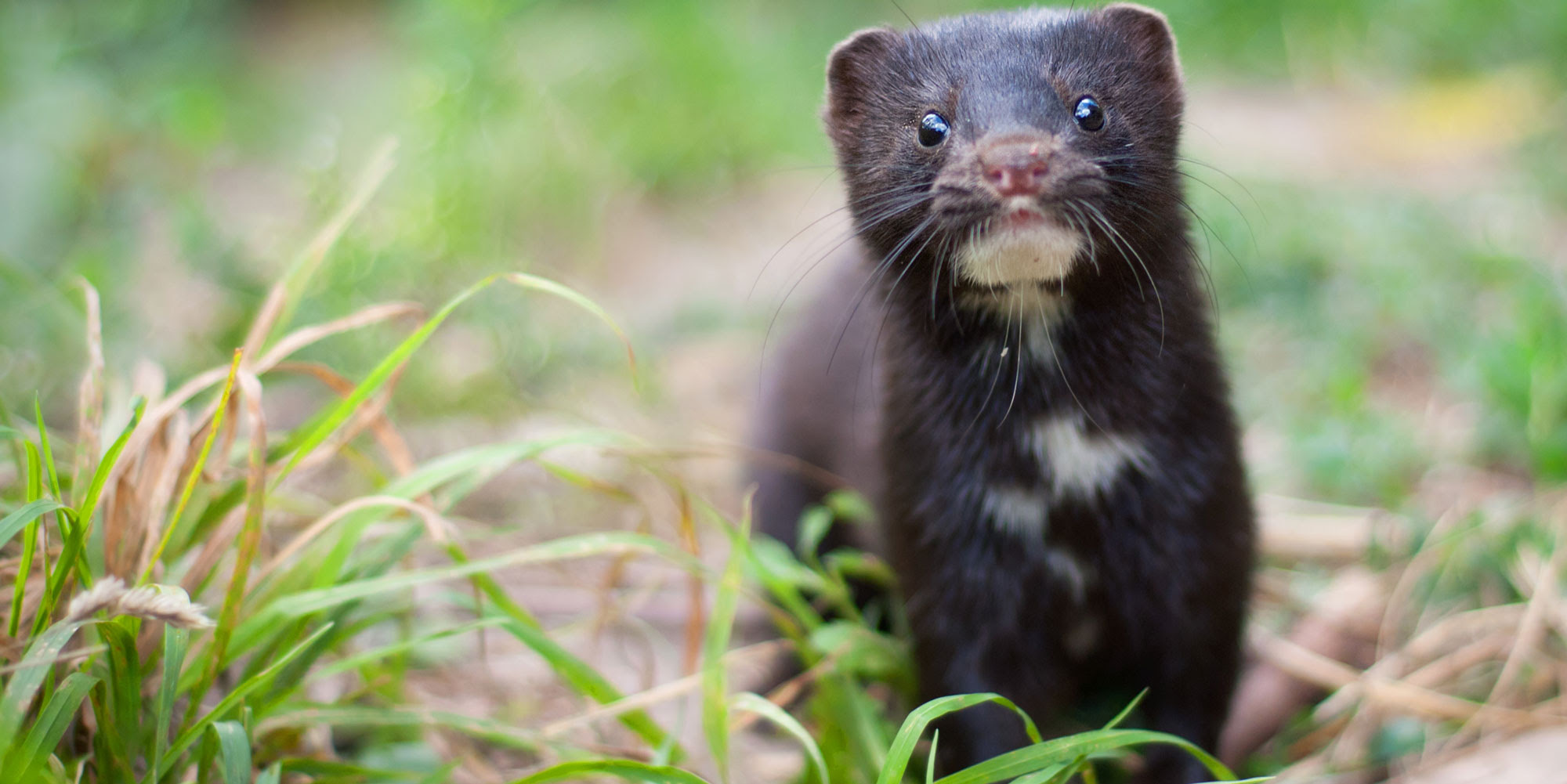
LOCAL
Meat-processing plants continue to feel the effects
Meat-processing plants have become hotspots for coronavirus outbreaks. There has been a growing list of companies experiencing worker infections. Most recently, JBS USA announced on April 26 that JBS Packerland beef processing plant in Green Bay, Wisconsin, would be closed temporarily where 189 COVID-19 infections have been linked as of Friday. The closure of this plant follows several other closures including two turkey plants in Wilmar, Minnesota, a Tyson Foods' huge pork-processing plant in Waterloo, Iowa, Smithfield Foods in South Dakota, and JBS USA's pork-processing plant in Worthington, Minnesota.
The midwest represents a large proportion of the nation’s meat-processing industry with thirteen of the top 20 pork packing plants in the country, representing 46% of the nation's pork processing capacity. These closures are not isolated to affecting workers either. Growers are also feeling these effects, and some are facing such a severe drop in processing capacity that they have been forced to euthanize their animals meant for slaughter and processing.
Companies have said that they are doing more to clean plants, and have added more break space, slowed production lines so workers can spread out, and added plastic shields between workstations. In addition, companies like JBS, Tyson, Cargill and Smithfield have relaxed their attendance and sick leave policies to encourage sick workers to stay home and allow them to be paid. The CDC and OSHA also recently released interim guidance for meat and poultry workers targeting specific infection control methods to reduce Coronavirus spread.
Star Tribune
CDC
NATIONAL
Additional big cats test positive in New York
Seven more big cats have tested positive for the novel coronavirus at the Bronx Zoo in New York City, according to the Wildlife Conservation Society. This is the same zoo where a tiger tested positive earlier this month. Four tigers and three lions tested positive and showed clinical signs, including cough. The tiger that tested positive in early April represented "the 1st time, to our knowledge, that a [wild] animal has gotten sick from COVID-19 from a person," said Paul Calle, the chief veterinarian of the Bronx Zoo.
The cats were likely infected by an asymptomatic zookeeper, as the zoo has been closed to visitors since March 16th. Initially the zoo said they did not plan to test other cats showing clinical signs as it would require sedation, which poses dangers to the animals and personnel involved. However, when the USDA updated their database it identified an additional lion in New York testing positive for the new coronavirus. The Wildlife Conservation Society issued a press release shortly later announcing that 4 additional tigers and 3 lions had tested positive on fecal samples. It is not clear when the additional tests on the 3 lions and 4 tigers were conducted or when the zoo received the results.
It has now been demonstrated that several species can become infected with the coronavirus. Two cats in New York, an additional cat in Belgium, and two dogs in Hong Kong have tested positive. The CDC has since updated their guidelines for pet owners to now encourage cat owners to keep their cats indoors whenever possible. It is still unclear whether tigers and lions are more susceptible to the new coronavirus compared to other big cats, says Calle. The Bronx Zoo has implemented safety measures, including wearing masks and goggles to protect animals and keeping a distance of 6 feet whenever possible.
National Geographic
CNN
INTERNATIONAL
Mink test positive in the Netherlands
On Sunday, the agriculture ministry in the Netherlands said two mink farms have been put into quarantine after animals were found to be infected with the novel coronavirus. The ministry urged people to report any suspected cases in animals. The mink were tested after showing respiratory signs and symptoms and were believed to be infected by employees who had the virus.
Although the possibility that they could further spread the virus to humans or other animals on the farms was “minimal” according to the ministry, they have banned the movement of the animals and their manure and have started taking additional environmental samples. In addition, they are advising people not to travel within 400 meters of the farms.
This is the first reported case in animals in the Netherlands. The farms are located in towns near areas that have experienced the worst outbreaks of coronavirus in the country.
Reuters
